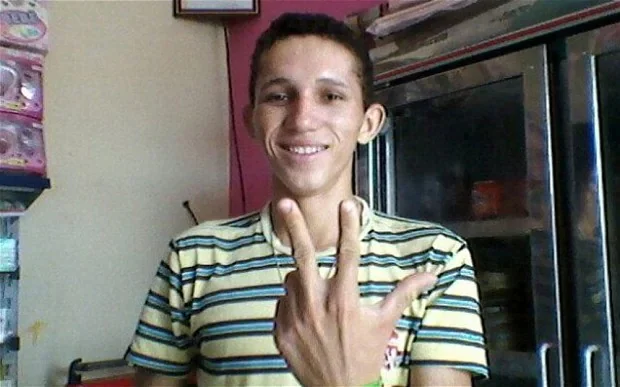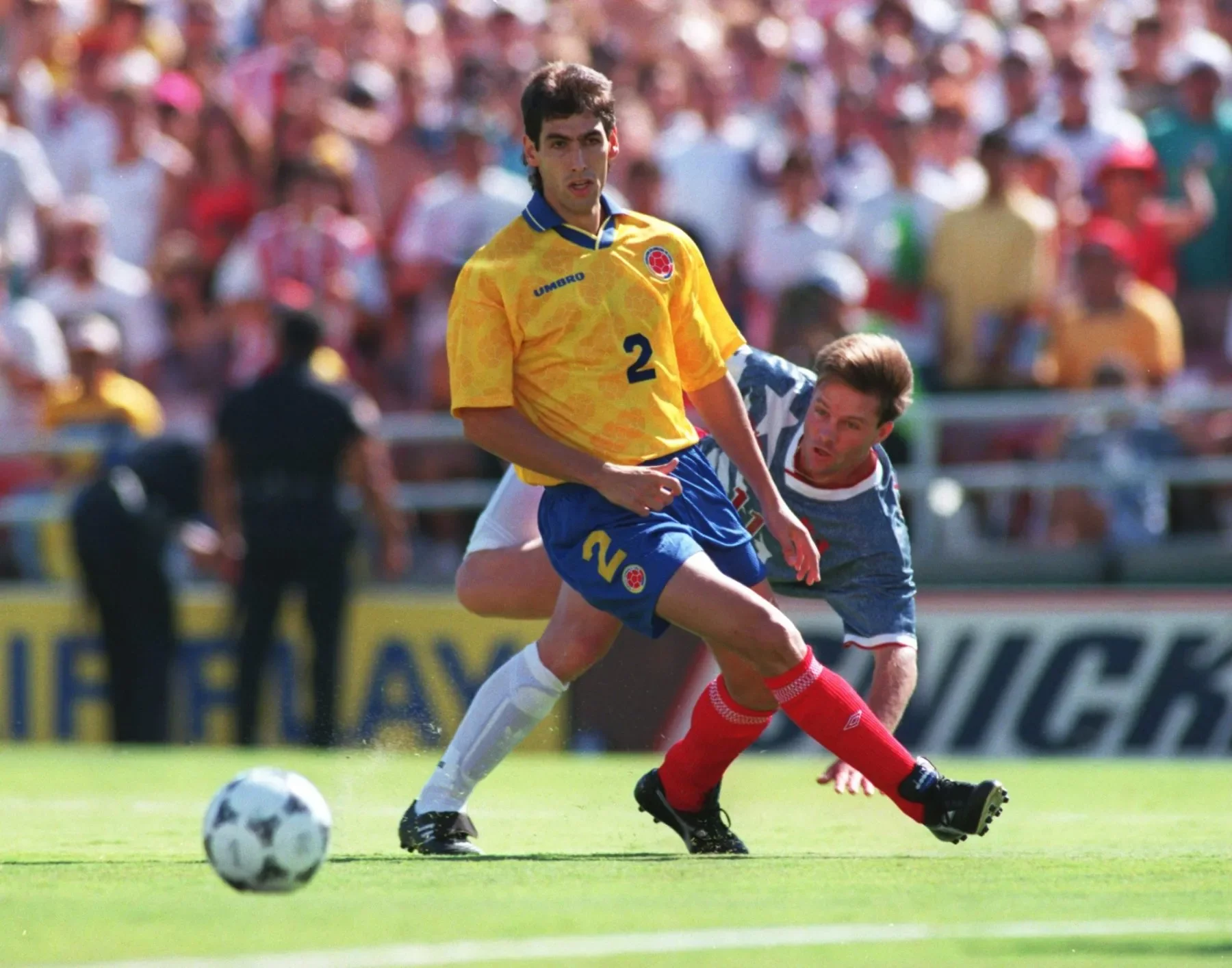A Fatal Refereeing Decision
Referees are the mutually agreed-upon unpopular figure on the football pitch. Fans hurl abuse at officials at every game, players argue with a lot of their decisions, and managers will get in the ear of the fourth official. The majority of what happens is just an exchange of words, usually people telling how the referee got a decision wrong. All is forgotten afterwards, and everyone from both sides moves on to the next game.
Otavio da Silva
In the specific case of Brazilian referee Otavio da Silva, it was more than a heated exchange of words.
Casting back to June 2013, we arrive at the incident in question. An amateur football match in Brazil is taking place, a competitive game with relatively little to talk about. Player Josenir dos Santos was deemed to have fouled an opposition player recklessly, and his fate of playing the remainder of the game rested on referee Silva. Soon, deeming the challenge to be endangering an opponent, Silva subsequently showed Dos Santos a red card.
Otavio da Silva
Usually, that would be the end of it; Dos Santos should walk off the pitch, and the game would be resumed. Not today. Dos Santos refused to leave the field of play. Not only this, but Dos Santos continued towards Silva and began an altercation, starting a fight and throwing a punch towards Silva. Unbeknownst to all, in retaliation for this, Silva drew a knife from his pocket and repeatedly stabbed Dos Santos. The player later passed away en route to the hospital from severe blood loss.
A red card results in the death of a player. Somehow, this situation worsened. Fans entered the field, along with the family members of Dos Santos and surrounded Silva. Silva was subsequently stoned to death, and if that wasn’t enough, Silva was then decapitated, later having his head put on a stake in the middle of the pitch.
It has come to light that the game was informal, and Silva volunteered to referee as part of a local ‘pick-up’ game that needed a match official. A voluntary opportunity that caused trauma across the state of Maranhão. One man was arrested and charged with the murder of Silva, with police chief, Valter Costa, quoting ‘One crime will never justify another’.
YOU MAY ALSO LIKE: The Forgotten Champions League
Andrés Escobar
Moving on to an incident that reached a wider audience, we are heading to the United States of America. The 1994 World Cup, to be exact. A group stage game between Colombia and the USA. A tight affair, not many chances and not a game to get yourself off your seat, however, a game that would cost a life. The USA took a 1-0 lead when Colombia defender Andrés Escobar inadvertently put the ball into his own net while trying to block a cross from American midfielder John Harkes. The USA went on to win this game 2-1.
The result left Colombia’s chances of advancing to the knockout stages in the balance. They had to win and rely on Romania to get a result against the USA. Colombia did their part, beating Switzerland in a comfortable 2-0 result. Unfortunately, though the USA beat Romania 1-0, it left Colombia out of the knockout stages.
Escobar wasn’t to blame for the failed progression; one goal is not why Colombia didn’t progress. They could have turned the game around and come away with a result that would have sent them through. In Colombia, though, this was not seen as the case. Escobar returned to his homeland 5 days after Colombia’s elimination, which turned out to be the worst case scenario for him.
After returning to Medillin, Escobar and a few of his friends would meet up and go for drinks, resulting in a visit to a nightclub. The friends drank, danced and partied through the night. Then, 3 am rolled around. The nightclub is closing, and time to head home. Escobar’s friends leave to stumble back to their humble abodes, leaving Escobar in his car in a car park alone. This is the beginning of the end.
Andrés Escobar
Three men pull up and approach Escobar. Two of the men pull out a handgun and proceed to fire six shots between them at Escobar. The men then escaped in a Toyota pick-up truck whilst Escobar was taken to the nearby hospital, where he died 45 minutes later at the young age of just 27.
It is debated as to why these men shot Escobar, with the common consensus being that they were punishing Escobar for scoring his own goal. It was reported that the men shouted “Goal” after each gunshot, supposedly about the number of times the commentator shouted this when the goal was scored.
A drug cartel bodyguard under the name of Humberto Castro Muñoz was later arrested and confessed to the killing of Escobar. This narrative started to gain traction, and it was later believed that it was another crossover case between football and narcotics in Colombia, something that has long been a problem in the nation.
It was said that drug cartel leader Santiago Gallón lost a substantial amount of money on the USA versus Colombia game. Gallón was eventually captured and questioned with a guilty plea and subsequently was sentenced to 43 years in prison, later reduced to 26 years. Castro was later released early on good behaviour.
Escobar was laid to rest with more than 120,000 people attending his funeral to show support towards his family. Colombia was left with a further stain on its reputation across the globe. His family have since founded the Andrés Escobar Project, which is dedicated to helping disadvantaged children learn to play the beautiful game.
Two tragic tales of unnecessary death in the realms of football. The beautiful game played by millions across the globe. A beautiful game with some dark and twisted leaves on its branches.
Written and Researched by BSc Cavan Campbell
READ NEXT: The Most Dangerous Football League

